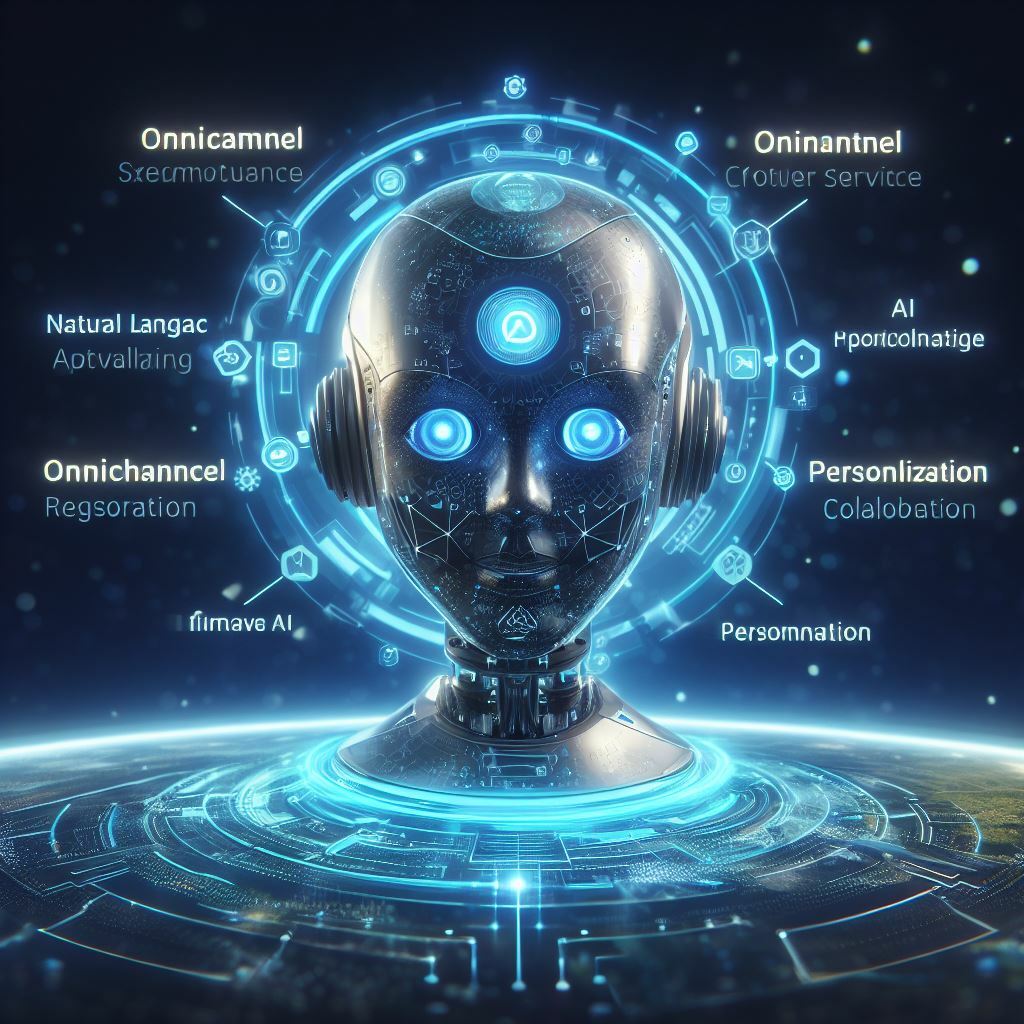In today's fast-paced digital world, chatbots and virtual assistants have become essential tools for businesses striving to provide exceptional customer support. Discover the transformative capabilities of these intelligent systems, their benefits, and real-world examples of how they have revolutionized the customer service landscape. Explore the future trends that will shape the evolving role of chatbots and virtual assistants in customer support and stay ahead in the competitive digital age.
Chatbots and virtual assistants have become indispensable tools for businesses aiming to deliver exceptional customer support. Their ability to engage customers, provide instant assistance, and streamline operations has resulted in improved customer satisfaction, reduced costs, and increased efficiency. As technology continues to advance, the future of chatbots and virtual assistants in customer support holds even greater potential. Here, we explore some key trends and advancements that will shape the future landscape.
One important area of development is natural language understanding and contextual intelligence. Future chatbots and virtual assistants will continue to improve their natural language processing capabilities, enabling them to better understand customer queries and provide more accurate responses. By leveraging contextual intelligence, these systems will grasp the nuances of conversations, decipher complex requests, and deliver highly personalized assistance. This enhanced understanding will lead to more effective and satisfying interactions with customers.
Another trend is the integration of chatbots and virtual assistants across multiple channels, known as multichannel integration and omnichannel support. To deliver a seamless customer experience, businesses are integrating these systems across various platforms such as websites, mobile apps, social media, and voice-activated devices. This omnichannel approach ensures consistent support regardless of the customer's preferred communication channel, providing a unified and cohesive experience.

Advancements in artificial intelligence are also enabling chatbots and virtual assistants to exhibit emotional intelligence and empathy. These systems will be able to detect and respond to customer emotions effectively, whether it's frustration, sadness, or anger. By providing empathetic support, chatbots and virtual assistants can defuse potentially tense situations and create a more positive customer experience.
Voice-based conversational interfaces are gaining popularity with the rise of voice-activated devices and virtual assistants like Amazon Alexa, Google Assistant, and Apple's Siri. With advancements in voice recognition technology, businesses are leveraging these interfaces to offer hands-free, natural language-based customer support. Customers can engage with companies effortlessly, further enhancing convenience and accessibility.
Personalization and predictive analytics will continue to play a crucial role in the future of chatbots and virtual assistants. By leveraging customer data and employing advanced analytics techniques, these systems will become even more adept at personalization. They'll be able to anticipate customer needs, provide targeted recommendations, and offer proactive assistance based on individual preferences and historical interactions. This level of personalization will elevate the customer experience and foster stronger customer relationships.
Collaboration between humans and AI is another key aspect of the future of chatbots and virtual assistants. While automation has taken over many aspects of customer support, there will always be situations that require human expertise. In the future, these intelligent systems will work in tandem with human agents, seamlessly transferring complex inquiries or situations that require a human touch. This collaboration will ensure that businesses can benefit from the efficiency of automation while still providing the personalized care and problem-solving abilities of human agents.
In conclusion, chatbots and virtual assistants have already proven their worth in revolutionizing customer support. As technology continues to advance, these intelligent systems will become even more powerful, incorporating natural language understanding, multichannel integration, emotional intelligence, voice-based interfaces, enhanced personalization, and collaboration between humans and AI. By embracing these advancements, businesses can elevate their customer support strategies, exceed customer expectations, and stay ahead in the digital age.
